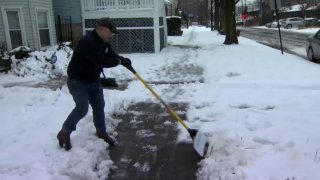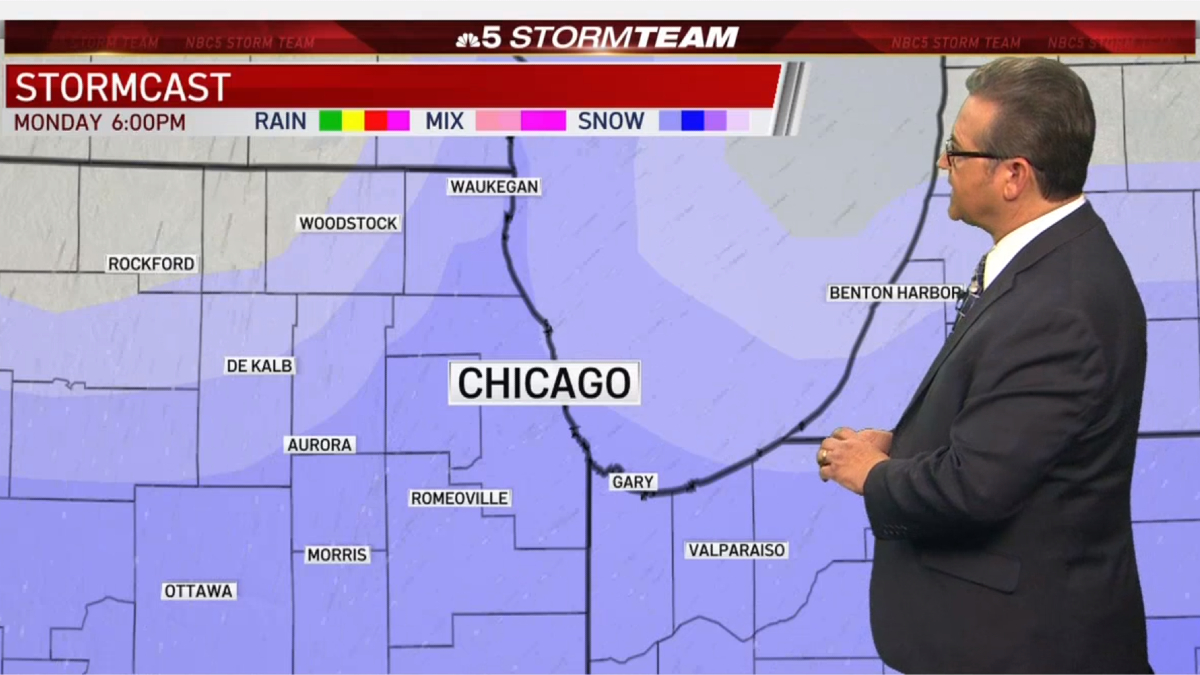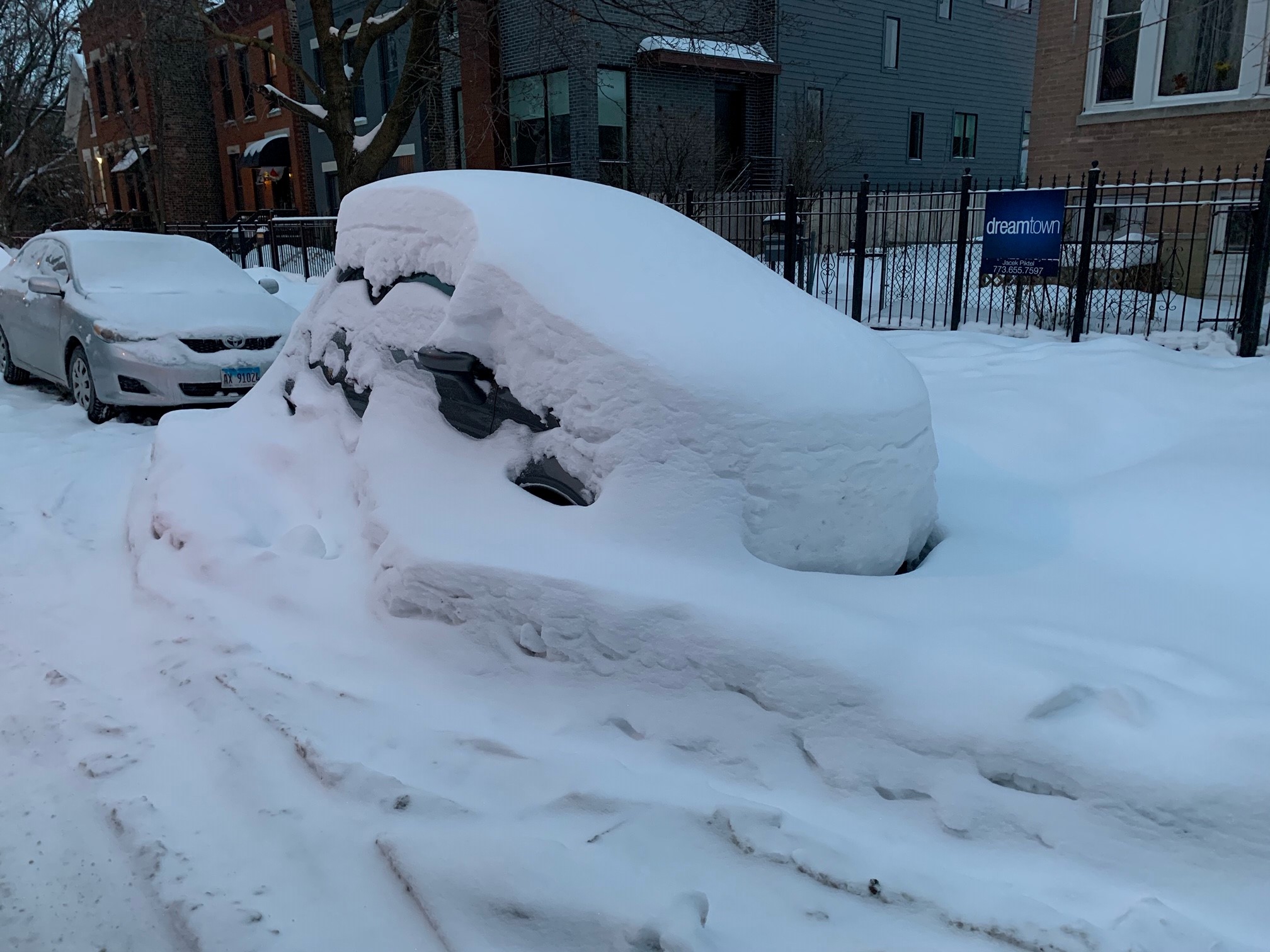
The snow is falling fast and heavy, and the onus is on residents and business owners to keep the sidewalks clean.
From digging out cars to clearing driveways and sidewalks, the snow needs to be shoveled, but doctors warn such strenuous activity could be dangerous and even fatal.
Here are seven precautions from Northwestern to stay safe and prevent heart attacks while shoveling:
- Bundle up. Cold temperatures reduce circulation to the body’s extremities. Wear weather-appropriate, layered clothing and gloves to help maintain body temperature and circulation.
- Start early. The longer snow sits on the ground, the more it compacts, making it denser. Removing compacted snow requires more exertion, placing stress on the heart. Snow is easier to shovel when it first falls.
- Ease into it. As with any physical activity, your body needs to warm up to perform at its peak. Ease into shoveling and try not to do the entire job at once. Take breaks as needed.
- Remain hydrated. The body needs hydration, even in cold weather. When shoveling snow, take frequent breaks and drink water regularly to prevent dehydration.
- Avoid heavy eating. Eating a small meal before shoveling will provide a source of energy. However, digestion puts strain on the heart, so eating a large meal before any physical activity should be avoided. Additionally, don’t consume alcohol just before shoveling.
- Don’t lift too much. Large loads of snow can be heavy and place strain on the heart, back and neck. Push instead of lifting, and use a small shovel, which encourages smaller loads of snow. If you must lift, avoid rounding your back, lift using your legs and buttocks, and clear four to six inches of depth at a time.
- Listen to your body. The best indicator of whether or not snow shoveling is causing harm is to pay close attention to your body’s signals. If you begin to feel winded or overexerted while shoveling, take a break. These are signs that you’re doing more than your body can handle. If you experience shortness of breath, chest, throat or arm discomfort or tightness, or lightheadedness, you should rest and seek medical attention if the symptoms persist.



